This Notary Public London Guide is the second article in a series about money laundering. The first article dealt with the various stages of the financial process whereby criminals reintroduce the proceeds of their crime back into the monetary system.
This Notary Public London Guide tackles some aspects of the ‘Proceeds of Crime Act’ of 2002 and the implications for Notaries Public in England and Wales.
The act established three principle areas of money laundering, namely:
- Arrangements
- Acquisition
- Concealing
Any Notary Public in London (or elsewhere) must disclose any suspicions to the Serious Organised Crime Agency (SOCA) as soon as these concerns become apparent. Furthermore, the transaction will not be able to proceed until SOCA has given its consent.
A Notary Public must be aware that under the terms of the 2002 Act mentioned previously, the law applies to the passive possession of criminally acquired property and proceeds, and there are rather draconian measures awaiting those who fail to comply with the current regulations.
A Notary in breach of one of the principle offences mentioned above, risks a maximum punishment of a 14 year prison sentence and a large fine. Any Public Notary who commits a ‘failure to disclose’ offence, or is found guilty either of ‘tipping off’ a criminal or behaving in a manner that might be construed as obstructing an investigation, faces a maximum jail term of 5 years and the possibility of a fine.
As ever, this Notary Public in London guide is intended to be a broad overview of an extremely complex piece of legislation. Should you have any concerns about money laundering, MD Pryke Notary Public strongly advise you to contact the Serious Organised Crime Agency.

0 Comments